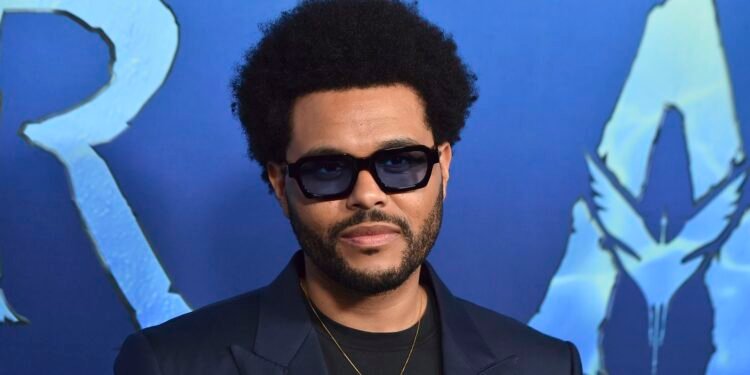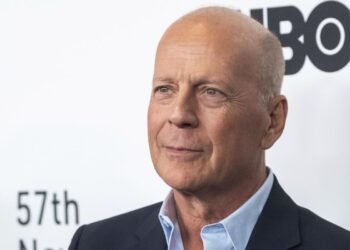Abel Tesfaye’s sixth album under his iconic The Weeknd persona, Hurry Up Tomorrow, begins with a bold declaration that feels almost like an exit. The opening track hints at the idea that this could be his final album, something Tesfaye has suggested through both social media posts and interviews. The album’s promotion, with phrases like “THE END IS NEAR” and hints at a possible retirement, builds anticipation, but also casts an air of finality that may or may not be part of his marketing strategy.
At nearly 90 minutes long, Hurry Up Tomorrow takes on the sprawling, cinematic feel of a film soundtrack, which aligns with Tesfaye’s apparent desire to explore a career in cinema, as evidenced by his involvement in the controversial TV series The Idol. This isn’t just a music album—it’s accompanied by a feature film, once again co-written and starring Tesfaye. The album’s artwork and its presentation further emphasize this cinematic approach, with Tesfaye’s grimacing face resembling a movie poster, hinting at both passion and exhaustion.
Musically, Hurry Up Tomorrow is ambitious, blending Brazilian funk, aggressive house beats, and lush 70s soul to create a dynamic and varied soundscape. Tracks like São Paulo mix genres with unexpected shifts, while Given Up on Me weaves a complex, fragmented melody that’s oddly captivating. The album showcases Tesfaye’s trademark ability to create melodies that are both captivating and inventive, with lush production that includes everything from swirling synths to George Harrison-esque guitars.
However, the album’s lyrics are where things start to falter. While Tesfaye has long been known for his melancholic and often dark lyricism, Hurry Up Tomorrow leans heavily into self-pitying themes about the struggles of fame and wealth. Lines like “in this penthouse prison, I’m alone” and “I’m trapped inside a gilded cage” verge on the cliché, and the album’s recurring motifs of self-loathing and loneliness feel tiresome. There’s a sense that Tesfaye is recycling well-worn themes without offering much new insight or depth. At times, it even borders on the absurd, such as a song where Tesfaye admonishes a lover with the line, “You know it’s my opening night!”
Despite these lyrical shortcomings, the album’s production and melodies often rescue it from being purely frustrating. There’s a raw energy to the music that makes it engaging, even if the emotional depth of the lyrics doesn’t always match the musical grandeur. Hurry Up Tomorrow ends with two soaring ballads that seem to signal Tesfaye’s apparent departure from the pop scene. The title track, with its grandiose sound and sweeping melody, feels like an appropriate farewell.
Ultimately, Hurry Up Tomorrow is an album that captivates with its music but is undercut by its repetitive and shallow lyrics. Tesfaye may be signaling the end of his The Weeknd era, and while the album suggests that his best musical days might still be ahead of him, it’s hard not to feel that there’s a missed opportunity here. Even though his departure might be imminent, Hurry Up Tomorrow leaves you with mixed feelings—impressed by the music, but somewhat disappointed by the lack of substance in the message.









